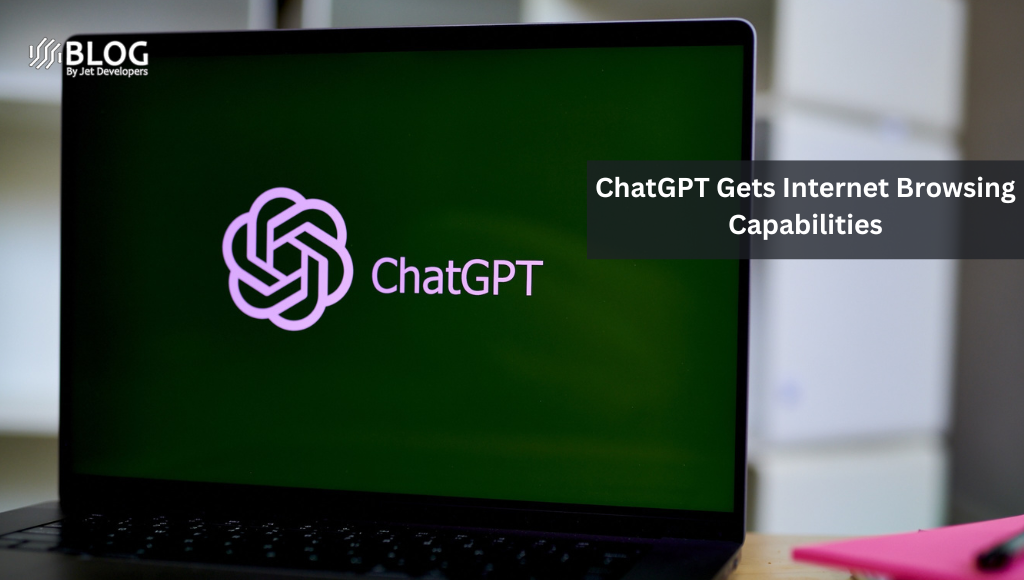In the ever-evolving landscape of deep learning, optimizing models for accuracy remains a pivotal challenge. Traditional optimization methods often rely on derivative-based algorithms, but these run into difficulties when tackling real-world applications. This article explores a groundbreaking approach called Optimization by PROmpting (OPRO), proposed by researchers at DeepMind. OPRO introduces a new way of defining optimization problems, using natural language and AI language models as the guiding force.
The Power of OPRO: Unlocking New Possibilities
OPRO represents a seismic shift in the optimization paradigm. Instead of rigid mathematical definitions, OPRO relies on the inherent capabilities of large language models (LLMs) to comprehend and generate natural language instructions. The core idea is to describe optimization tasks in plain language, then instruct LLMs to iteratively devise solutions based on the problem description and past solutions.
This approach possesses remarkable adaptability. By simply modifying the problem description or adding specific instructions, users can guide the LLM to tackle a wide array of problems. The potential becomes evident when, on small-scale optimization problems, LLMs can generate effective solutions through prompting alone, sometimes matching or surpassing the performance of expert-designed heuristic algorithms.
The OPRO Process: Unveiling a New Optimization Paradigm
The OPRO process kicks off with a “meta-prompt” that amalgamates a natural language task description, problem examples, prompt instructions, and their corresponding solutions. As the optimization process unfolds, the LLM takes the reins, generating candidate solutions grounded in the meta-prompt’s guidance.
Crucially, OPRO does not stop at solution generation. It evaluates these candidate solutions, bestowing each with a quality score. The meta-prompt evolves as optimal solutions and their scores are appended, providing valuable context for the subsequent rounds of solution generation. This iterative cycle persists until the LLM ceases to propose improved solutions.
The Promise of OPRO: A Glimpse into AI’s Future
OPRO’s true potential shines when it comes to fine-tuning LLM prompts. Experiments have shown that modifying prompts, even subtly, can dramatically affect the model’s output. By appending phrases like “let’s think step by step” or other specific instructions, users can coax the LLM into reasoning and outlining steps, often yielding more accurate results.
However, it’s crucial to acknowledge that LLMs are not endowed with human-like reasoning abilities. Their responses heavily hinge on the prompt format, and semantically similar prompts can yield vastly different results. It’s a stark reminder that optimal prompt formats can be model-specific and task-specific.
Conclusion: A Paradigm Shift in AI Optimization
In conclusion, Optimization by PROmpting (OPRO) represents a monumental step forward in understanding and harnessing the capabilities of large language models. While its full potential in real-world applications remains uncharted territory, OPRO offers a systematic approach to explore the vast space of possible LLM prompts. It paves the way for finding the best prompts that maximize task accuracy and opens new doors in the world of AI-driven problem-solving. As we continue to unravel the inner workings of LLMs, OPRO stands as a testament to the ongoing evolution of AI optimization.






